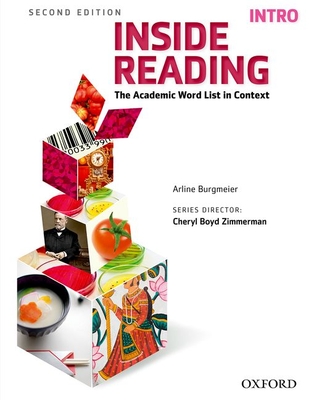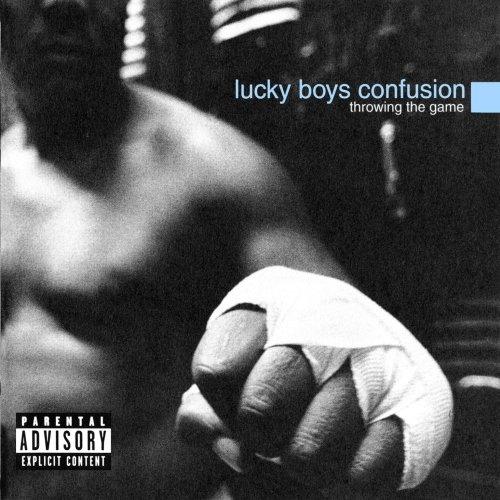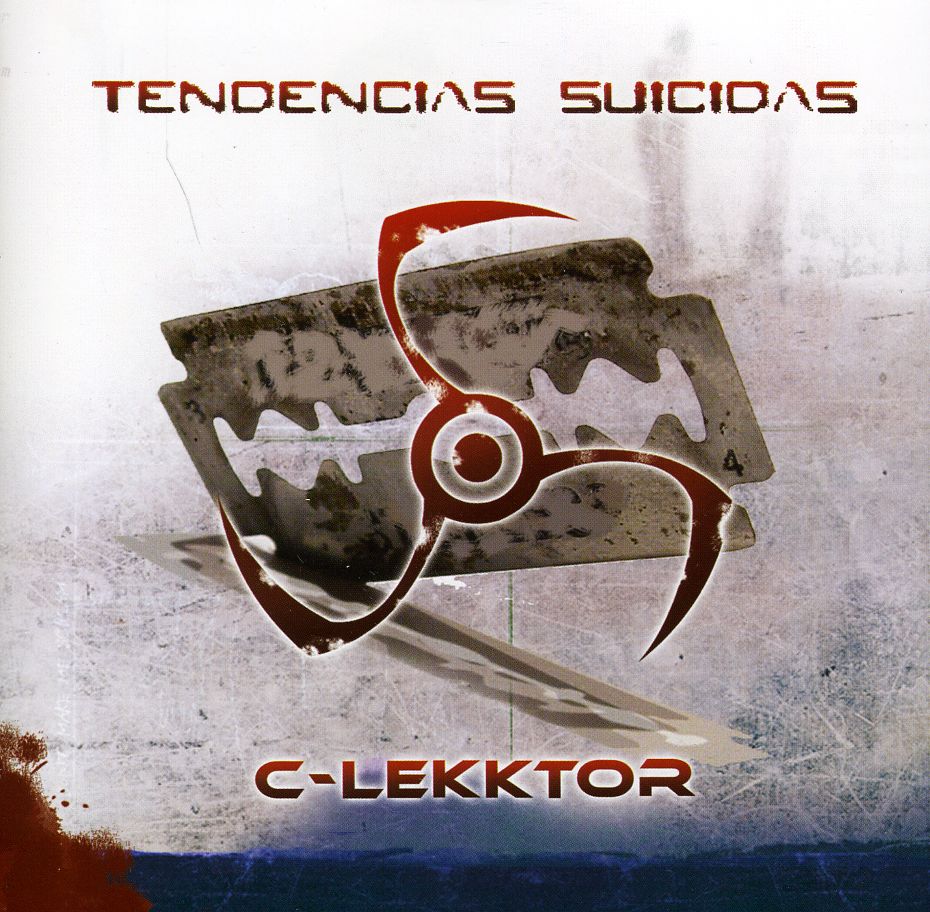
Tichavakunda, Antar A.
product information
description
ineering students at a historically White institution, Black Campus Life examines the intersection of two crises, up close: the limited number of college graduates in science, technology, engineering, and math (STEM) fields, and the state of race relations in higher education. Antar Tichavakunda takes readers across campus, from study groups to parties and beyond as these students work hard, have fun, skip class, fundraise, and, at times, find themselves in tense racialized encounters. By consistently centering their perspectives and demonstrating how different campus communities, or social worlds, shape their experiences, Tichavakunda challenges assumptions about not only Black STEM majors but also Black students and the "racial climate" on college campuses more generally. Most fundamentally, Black Campus Life argues that Black collegians are more than the racism they endure. By studying and appreciating the everyday richness and complexity of their experiences, we all--faculty, administrators, parents, policymakers, and the broader public--might learn how to better support them. This book is freely available in an open access edition thanks to TOME (Toward an Open Monograph Ecosystem)--a collaboration of the Association of American Universities, the Association of University Presses, and the Association of Research Libraries. Learn more at the TOME website, available at: openmonographs.org, and access the book online through the SUNY Open Access Repository at http: //hdl.handle.net/20.500.12648/7009
member goods
No member items were found under this heading.
Return Policy
All sales are final
Shipping
No special shipping considerations available.
Shipping fees determined at checkout.







